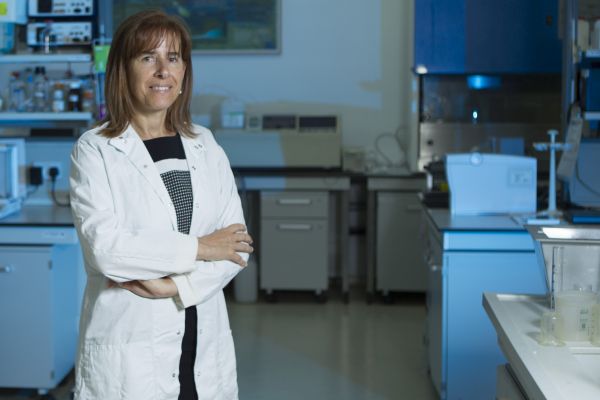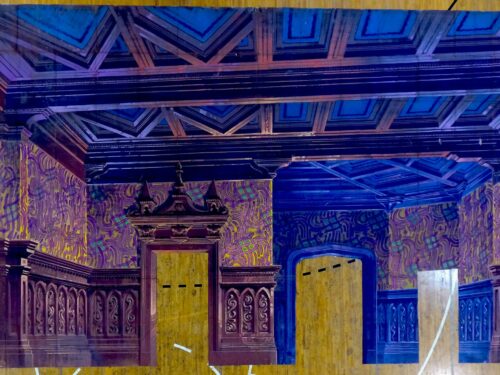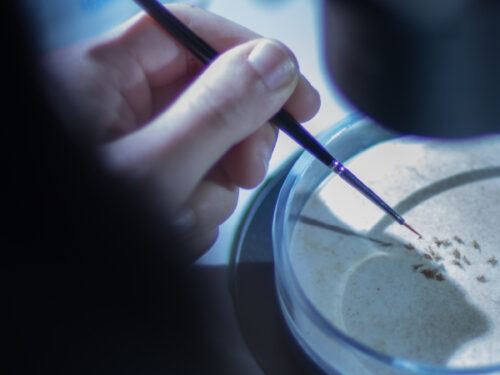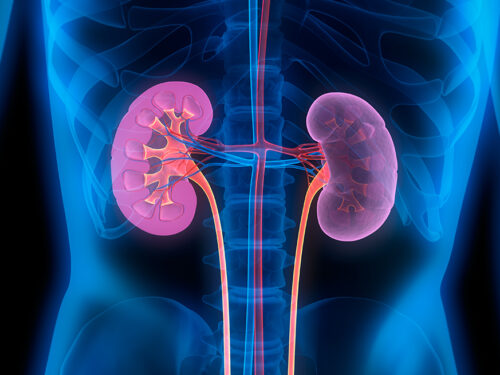Like solving a Rubik cube, researchers at the University of Malta are busy unlocking the science behind kidney functions. A number of departments within the Faculty of Medicine, namely the Department of Physiology and Biochemistry, the Department of Pathology and the Department of Paediatrics are working with Mater Dei Hospital as part of the LifeCycle Kidney Research Programme.
The programme came as a result of an initial donation of €70,000 by LifeCycle Foundation in February 2014.
The objective of this research programme are primarily to develop an advanced and competitive research activity in the physiology and disease of the kidney. The programme also aims at providing graduate training opportunities for young scientists and physicians with interest in the kidney. A Chemistry graduate, Ms Esther Zammit, has already commenced her research duties, and which will lead her to pursue a post-graduate programme in neprology.
Another initiative taken by the University in line with the objectives of the Lifecycle Kidney Research Programme was that of joining the EURenomics project. Based in Heidelberg, the project accesses the largest rare renal disease cohorts assembled to date, with detailed clinical information and comprehensive biorepositories containing DNA, blood, urine, amniotic fluid and kidney tissue.

Meanwhile, thanks to the Lifecycle Kidney Research Programme, the Malta Bio Bank began compiling a collection of samples related to patients with congenital kidney disorders and diabetic nephropathy.
The collection will provide an important resource for any present and future research activity in the area of kidney disorders.





